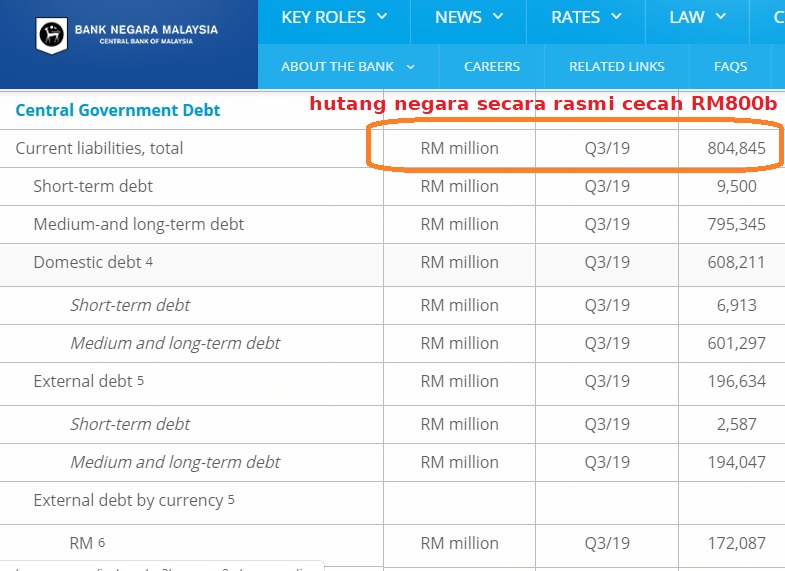Malaysia’s economy loses momentum in Q3, but outlook intact

(Reuters) – Malaysia’s economy grew at its slowest pace in a year in the third quarter as exports faltered, but the central bank said growth will remain positive and maintained its outlook for 2019.
Gross domestic product grew 4.4 per cent in the July-September quarter, slowing from the 4.9 per cent pace in the previous quarter, the central bank said on Friday (Nov 15). The outcome was in line with the 4.4 per cent rise forecast in a Reuters poll.
Bank Negara Malaysia (BNM) maintained its full-year growth target of 4.3 per cent to 4.8 per cent. The government has projected growth of 4.7 per cent.
Malaysia was the only Southeast Asian nation to record an acceleration in economic growth in the April-June quarter from the previous quarter, though growth slowed in the second half from a contraction in exports. Shipments slumped to their lowest in nearly three years in September.
Last week, the central bank unexpectedly cut banks’ statutory reserve requirement to inject liquidity, the first in three years and only days after it left its key policy interest rate unchanged.

Asked if there was any chance of a rate cut next year, BNM Governor Nur Shamsiah Mohd Yunus said it was something the monetary policy committee would constantly monitor.
“We are not on any preset course,” she told reporters. “We continue to monitor external developments and how it affects our outlook for growth and inflation. And we will always be data dependent.”
BNM last cut its key policy rate in May.
Nur Shamsiah also said Malaysia was working on addressing any concerns of FTSE Russell, which in September gave the country at least another six months to escape eviction from its widely-tracked government bond index.
She said the central bank’s recent measures had given greater flexibility to offshore investors to hedge positions onshore and that forex transaction volumes were growing and cost of transactions coming down.
“On our part we will continue to engage with index providers and investors to ensure (we address) whatever pain points they have and whatever measures we can put in place for greater efficiency in the market,” Nur Shamsiah said.
The ringgit fell 1.1 per cent against the US dollar in the third quarter, which BNM attributed to heightened risk aversion amid the protracted Sino-US trade war.
Malaysia’s current account surplus fell to 11.5 billion ringgit (US$2.78 billion) in the third quarter, from the 14.3 billion ringgit in the previous period.
The headline inflation rate came in at 1.3 per cent in the third quarter but is expected to be “low” in 2019, and modest though higher in 2020, BNM said.
Inflation has remained benign after an unpopular consumption tax was scrapped in June 2018, and as the government tried to cap domestic fuel prices.

